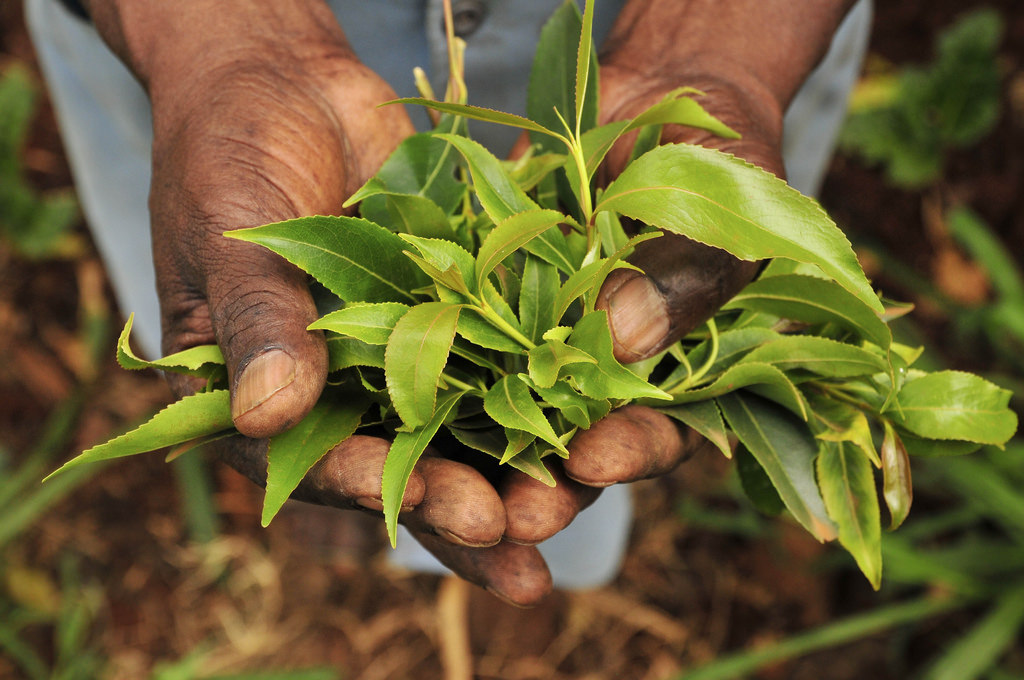News
Agriculture in Africa can adapt to climate change, say industry experts
25 January 2018

A group of leading agricultural and development experts have highlighted that Africa can, and must, adapt to the impacts of climate change on their livelihood.
The speakers were participating in a recent webinar, organised by the Aid and International Development Forum, ahead of a major event on climate-smart agriculture.
The talk was attended by 600 participants from 82 countries keen to learn about the latest innovations in the field.
Noelle O’Brien, who helps lead the Finance Innovation for Climate Change Fund (FICCF) spoke about how the Kenyan economy is “between 50-80% dependent on agriculture”.
She stressed the importance of financial support to local farmers in the country, specifically the need to provide insurance and loans to help protect against extreme weather events:
“In 2017, we had a pilot group of 150 farmers who took insurance for their sorghum crop, and about 30% of those received a pay out; some in relation to drought, but also infestation and unseasonal flooding during the early part of the crop”.
She also highlighted how the FICCF is providing technical assistance to farmers on issues such as water management, soil conservation, and the use of post-harvest technologies.
David Del Conte, Senior Partnerships Adviser at the United Nations Office for Project Services (UNOPS), focussed on the case of Ethiopia where he said “we are seeing recurrent drought have significant impact, particularly on rural agricultural areas”. These often leave smallholders with high amounts of indebtedness and little ability to repay.
One way to combat these conditions was the use of drip irrigation to save water during times of need, and the technique of growing alternative, fodder crops which “have a far higher nutritional value, and are far more climate resilient”.
Engida Mandefro, Deputy Secretary General at Red Cross Ethiopia, also reiterated the concerns from UNOPS, adding that, in 2017, 8.5 million Ethiopians needed food assistance.
He drew attention to the Red Cross’ work on weather forecasting where thousands of volunteers provide vital meteorological data to remote communities in the country. This can help farmers plant at appropriate times and maximise crop yields.
In addition, Mr. Mandefro emphasised the benefits of utilising both modern and traditional methods to improve resiliency against extreme weather.
He argued that incorporating modern techniques in agroforestry and established means of intercropping and crop rotation can be the most effective way to limit climate shocks.
Hear first-hand from Noelle, Engida and David at the Climate Smart Agriculture Summit in Kenya this May.